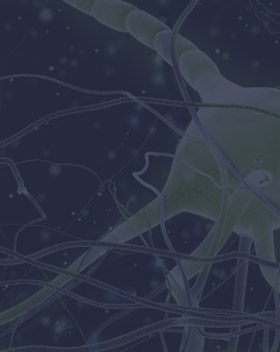March 11, 2015
Fierce Biotech
A small biotech spinout from Johns Hopkins has published its data from a midstage study of a new Alzheimer’s drug that it’s planning to get into a late-stage study. And AgeneBio, founded by Johns Hopkins investigator Michela Gallagher, says the…
March 11, 2015
Science & Enterprise
A clinical trial testing a current drug to treat epilepsy shows the drug can delay development of Alzheimer’s disease in its earliest stages. Results of the study, conducted by researchers at Johns Hopkins University for AgeneBio Inc., two year-old pharmaceutical…
March 11, 2015
Johns Hopkins University Hub
A novel therapeutic approach for an existing drug reverses a condition in elderly patients who are at high risk for dementia due to Alzheimer’s disease, researchers at Johns Hopkins University have discovered.
January 28, 2015
Monthly Prescribing Reference
The Alzheimer’s Drug Discovery Foundation has awarded a $900,000 grant to AgeneBio to support the initiation of a Phase 3 clinical trial for AGB101. AGB101 is an investigational therapeutic treatment foramnestic mild cognitive impairment (aMCI).
January 28, 2015
Alzheimer's Drug Discovery Foundation
AGB101 could be the first drug to modify progression of amnestic mild cognitive impairment (aMCI) in patients at a high-risk for progressing to Alzheimer’s dementia
March 26, 2014
BioWorld Today
Agenebio Inc. was issued U.S. Patent No. 8,604,075, “Methods and compositions for improving cognitive function,” and No. 8,510,055, “Methods for characterizing and treating cognitive impairment in aging and disease.” Both cover the company’s programs for Alzheimer’s disease and other cognitive…
October 19, 2012
Johns Hopkins Newsletter
Research suggests that the hippocampus goes into overdrive in people who may be on the path to Alzheimer’s disease (AD). Is the excess neural activity helping these folks to remember, or making them forget? A study in today’s Neuron by…
August 15, 2012
The Dana Foundation, Jim Schnabel
Evidence that brain overactivity occurs in early or pre-symptomatic Alzheimer’s has been building for over a decade. A UCLA brain-imaging study in 2000, for example, noted that middle aged and elderly people with the high-Alzheimer’s-risk apoE4 gene showed abnormally high…
May 2, 2012
BioWorld Today
Scientists at Johns Hopkins University reported that they were able to improve memory in patients with amnestic mild cognitive impairment – a neurological condition somewhere between normal age-‐related memory loss and outright dementia that often progresses to Alzheimer’s disease –…
July 20, 2011
Johns Hopkins Gazette
An existing anti-seizure drug improves memory and brain function in adults with a form of cognitive impairment that often leads to full-blown Alzheimer’s disease, a Johns Hopkins University study has found.


